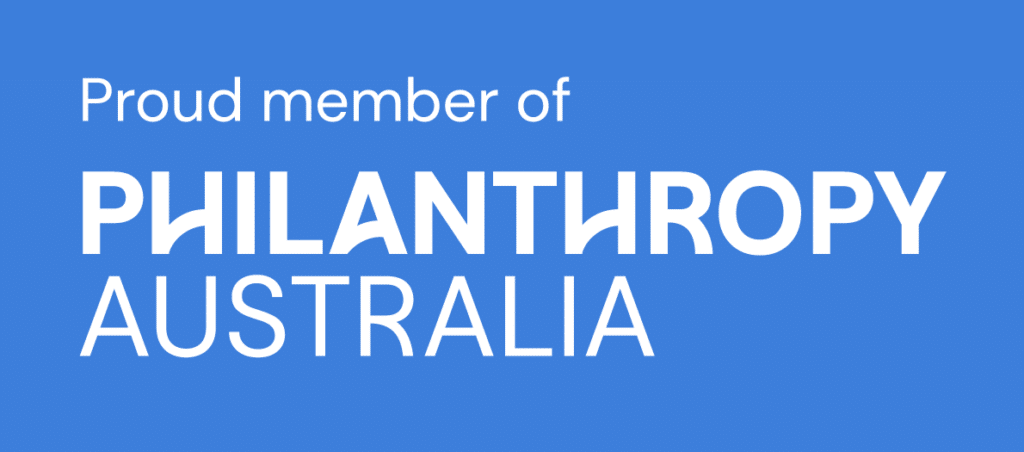For the young people who find themselves at David Martin Place (a youth drug and alcohol detox facility that helps 16-24 year olds to overcome addiction and lead healthy lives) they’re attempting to regaining control over their lives – to live a life worth living.
When a young person leaves the David Martin Place withdrawal program, the next stage determines their trajectory as they move forward in life. This is when the Aftercare program begins.
The Aftercare program is aimed at reducing isolation, promoting independence, self-esteem, and building positive problem solving skills, by assisting young people with a smooth transition from detox to independence within the community.
But what does that all really mean?
The Aftercare Worker, of whom I am one, positions themselves as a reliable, consistent and flexible point of contact that the young people can access when they require support/assistance and during times of crisis or concern. This is done in a non-judgemental way that encourages young people to fulfil their goals and commitments through role modelling behaviours and advocacy.
I consider the Aftercare program an opportunity. Take a quick moment to think back to a time where, as a young person, you needed help but no one was there to help you. Our aim is to change that experience. Aftercare is about being THAT person. To help the young people move forward with their lives.
The Aftercare program is about providing an individually tailored approach to the young person’s needs in taking ‘that next step’. The Aftercare plan is developed in partnership with the young person whilst they are participating in the detox program. It includes:
- Supporting the young person to transition out of David Martin Place into AOD rehabilitation services, additional community services or return to the community
- Establishing appropriate support networks as a part of their ongoing treatment plan
- Addressing issues of safe, stable and suitable housing whilst reducing homelessness
- Referring to Counsellors in the community alongside AOD/SMART support groups
- Support to attend key legal / counselling / mental health appointments
- Accessing education, employment and volunteer opportunities
- Assistance is controlling State Fines and unsecured personal debts
- Advocacy in dealing with existing and new legal / court matters.
Ultimately, the Aftercare worker is someone who will be there to answer the phone when a young person calls in a time of need i.e. “Can you help me with this?” or “I don’t know what to do, please help me.”
What do our students like most about Aftercare?
When we asked the question ‘What do you like most about Aftercare?’ the young people responded:
“My aftercare worker is the best and helped me looking after myself once I left.”
“I really felt that my welfare was not just my responsibility. Every need was met and I know I was helped at full capacity. My worker seemed to go above and beyond for me.”
“Todd is the best social worker and helps me through anything and everything with support through talking and helping me get rights for my daughter and looking out for me when I need it.”
“When I need help it’s always there.”
This ongoing support is essential to sustain long-term positive change and reducing the likelihood of relapse as the young person transitions back into the community or transitions into a residential AOD Rehabilitation.
Thanks to everyone who supports such an effective program. It is such a joy to see young lives transformed and to journey with them as they learn to flourish.
Todd Beddie
Aftercare Support Worker
David Martin Place




